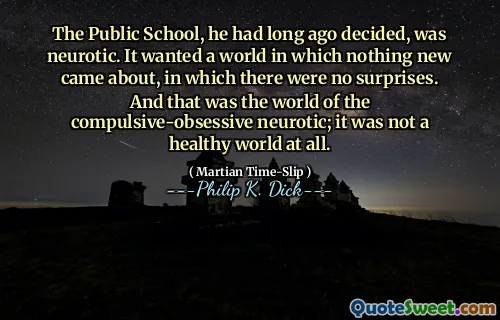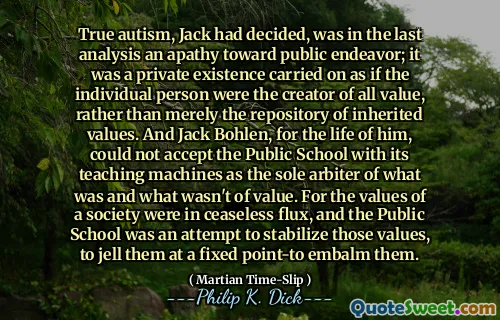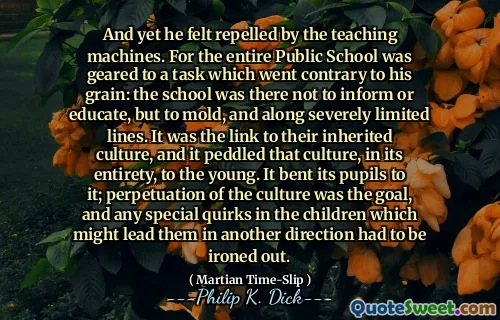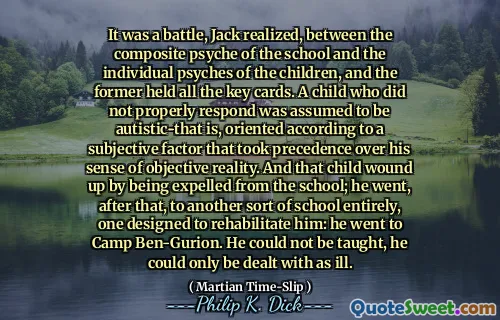
Sheep are funny, the Whitlock said. Now, you look at how they behave when you throw some grub over the fence to them, such as corn stalks. Why, they'll spot that from a mile away. The Whitlock chuckled. They're smart when it comes to what concerns them. And maybe that helps us see what true smartness is; it isn't having read a lot of big books, or knowing long words...it's being able to spot what's to our advantage. It's got to be useful to be real smartness.
The Whitlock humorously observes the intelligence of sheep when they react to food being thrown over the fence, like corn stalks. Their keen ability to identify food from a distance demonstrates a form of instinctive cleverness. This behavior suggests a practical intelligence that is focused on their survival and immediate needs.
The Whitlock's reflection prompts a deeper understanding of what true intelligence means. Rather than relying on academic knowledge or complex language, real smartness lies in recognizing what is beneficial and advantageous in one's environment. This perspective encourages a broader appreciation for instincts and practicality in assessing intelligence.











